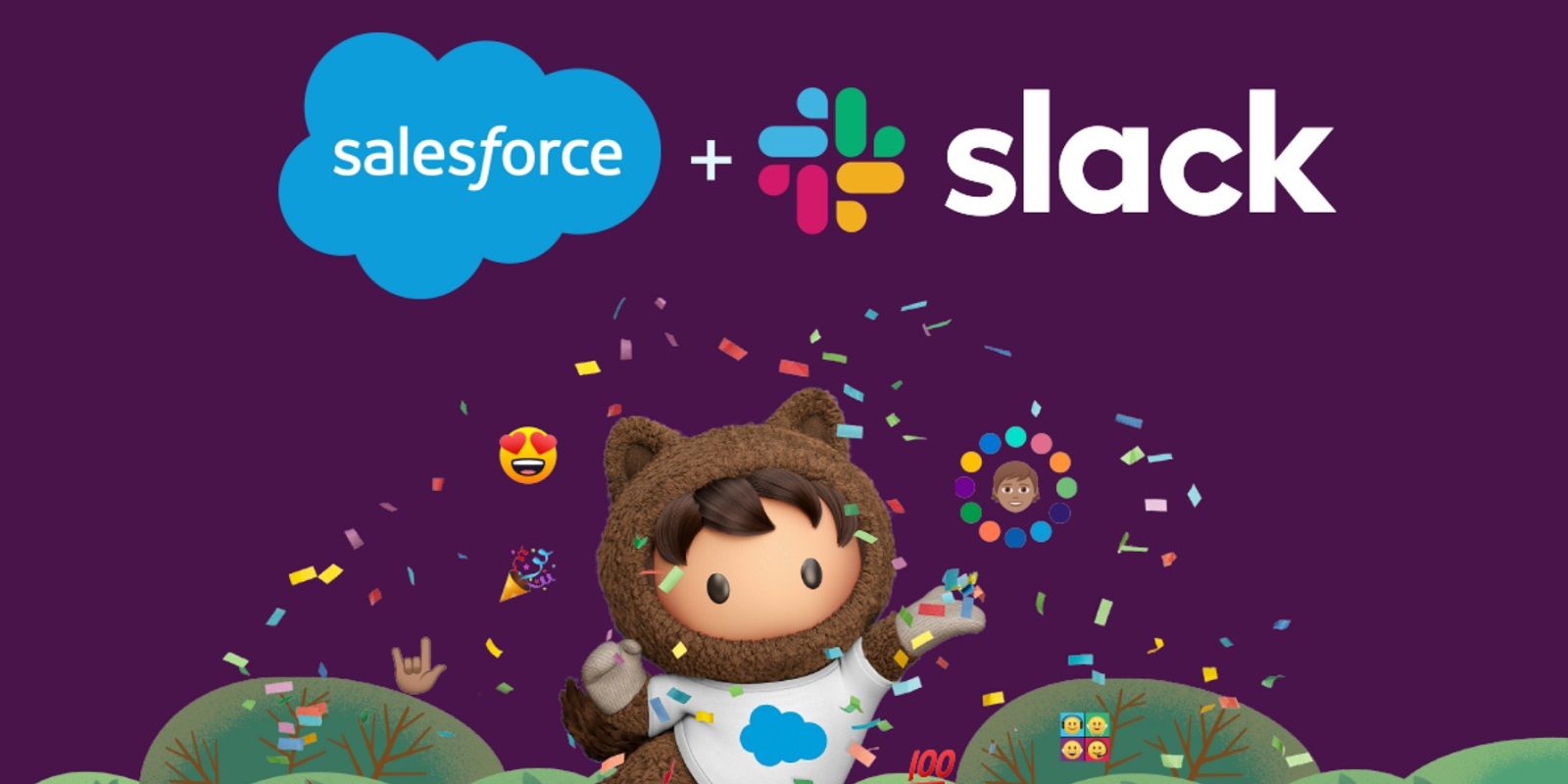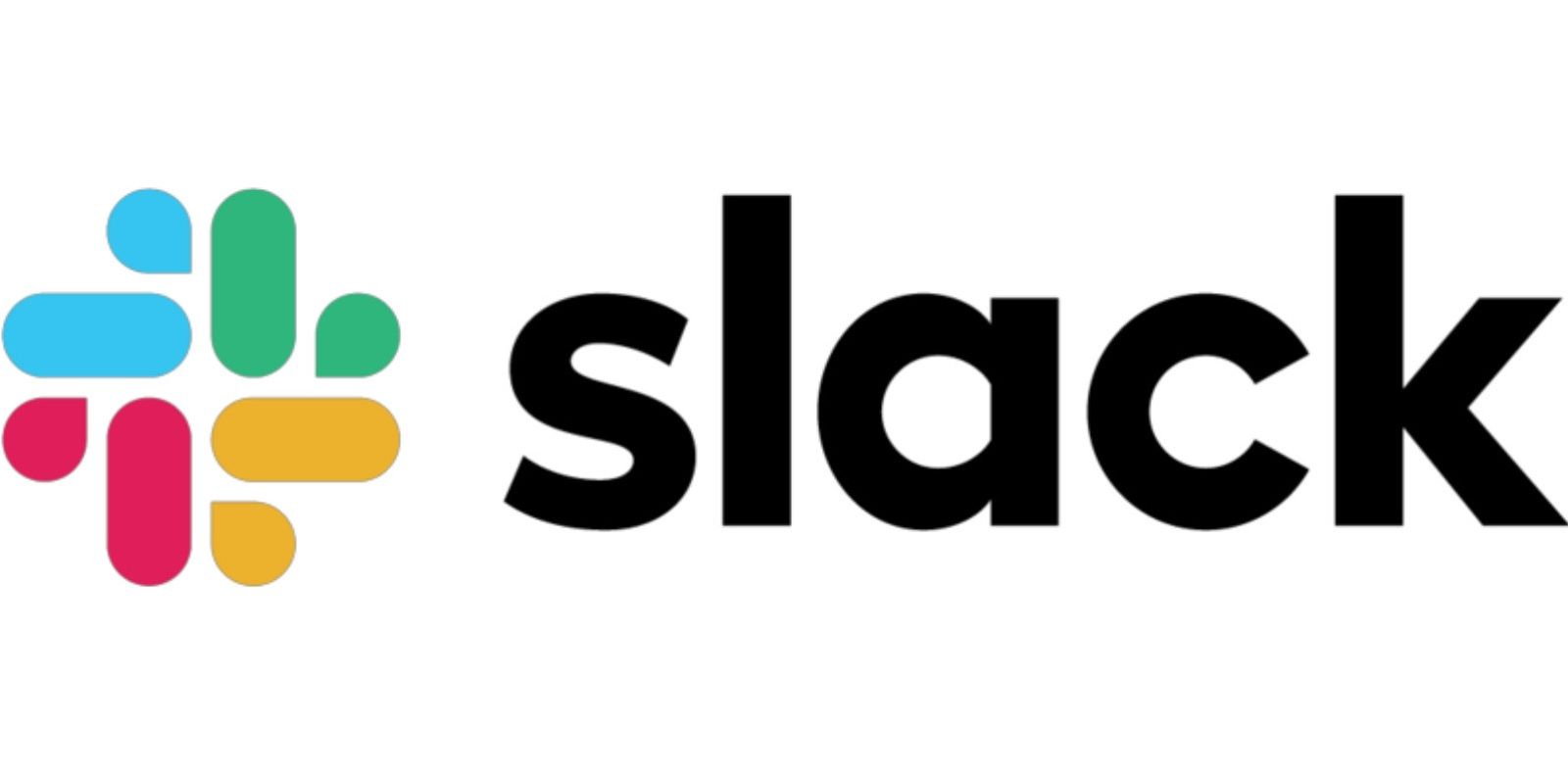This week Salesforce confirmed it is acquiring the workplace chat and tech giant Slack in a $27.7 billion deal. Considering the size and scale of Slack, the deal has the potential to impact on a number of users. Not to mention, the announcement of the acquisition comes at a time when so many more people are working from home and reliant on services just like Slack.
In a business world that’s gone mostly remote, both Salesforce and Slack have made the transition from office to work-from-home a little smoother. In fact, Slack has been cited as being safer than Zoom when it comes to workplace communication. As a major CRM solution, Salesforce is a well-known name in offices around the world, giving users an easy way to manage sales, clients, and conduct business from anywhere.
Salesforce is no stranger to big acquisitions. Tableau was acquired in 2019 as part of a $15.7 billion dollar deal, adding the data analytics and reporting tool to its already massive suite of products. While Tableau still remains fairly independent and hasn’t seen a significant change in growth, CEO and Co-Founder Stewart Butterfield sees a huge opportunity in this latest acquisition. Slack’s ability to add so many extensions and integrate with a large number of applications sets it apart from competitors. Not to mention, with more companies agreeing to their employees remaining as remote workers (even after the lockdown), Slack’s facilitation of both internal and external communication is likely to become a powerful addition to the Salesforce family.
What Adding Slack To Salesforce Means
At nearly twice the price of the 2019 Tableau acquisition, the $27.7 billion price tag on Slack is no small purchase. Slack will combine with Salesforce Customer 360, which connects all apps in the Salesforce suite, and Salesforce says it will completely change how users communicate and work with their clients. This deep integration will not just improve operations within Salesforce, but will also aid in better decision making and connections with users’ other business apps, according to Salesforce. Slack, too, will be able to benefit by expanding its reach to even more users.
The company explains that the addition of Slack will enable users to connect with customers more efficiently and effectively. Whether it’s with one of 1000s of integrated apps, a unique blend of workflows and business software, or a platform that facilitates easy app building, Slack and Salesforce together have the potential to revolutionize how users work with fellow employees, customers, vendors, and beyond. The transaction is expected to close in 2022, and despite Slack becoming an operating unit of Salesforce, it will continue to be led by current CEO, Stewart Butterfield. The CEO and Chair of Salesforce, Marc Benioff, calls the acquisition a “match made in heaven,” and believes it will change the way users work in the new remote landscape. However, only time will tell if this deal will truly be as "transformative" for Slack or Salesforce as the latter suggests.
Source: Salesforce


